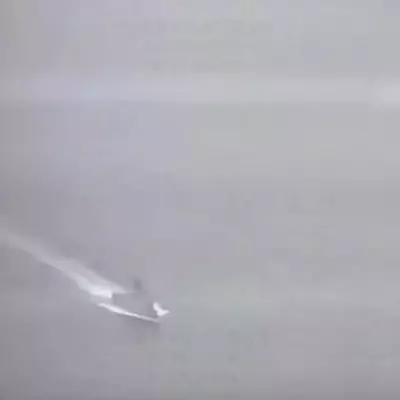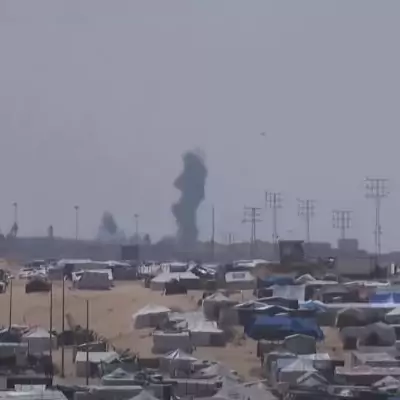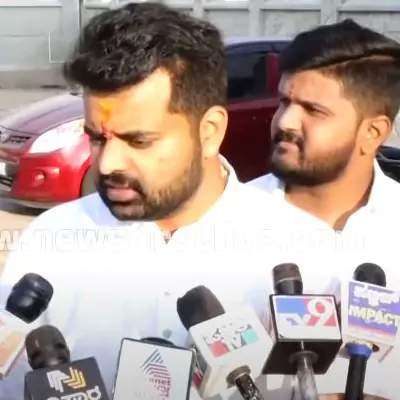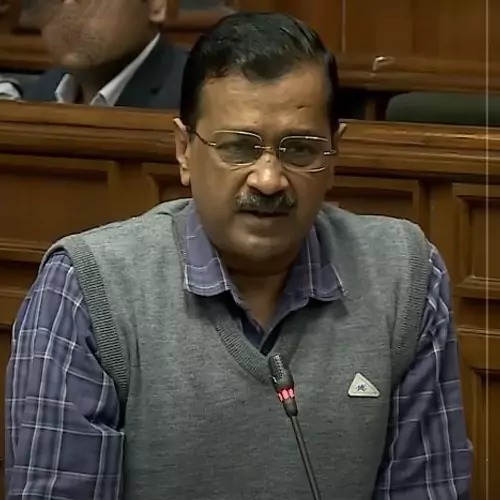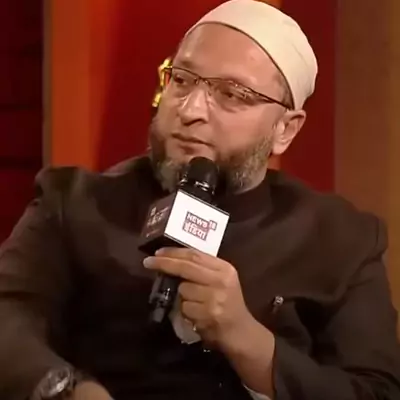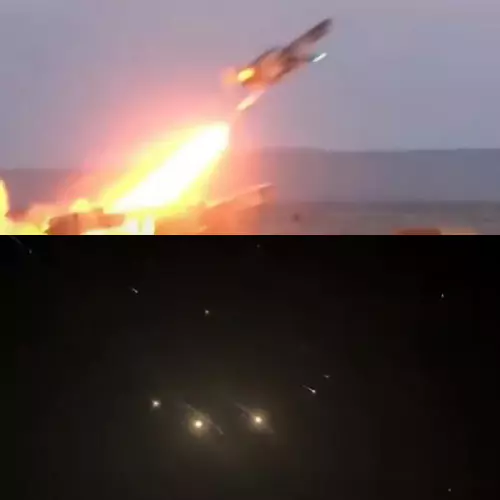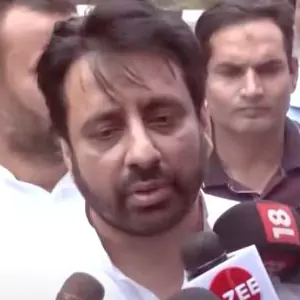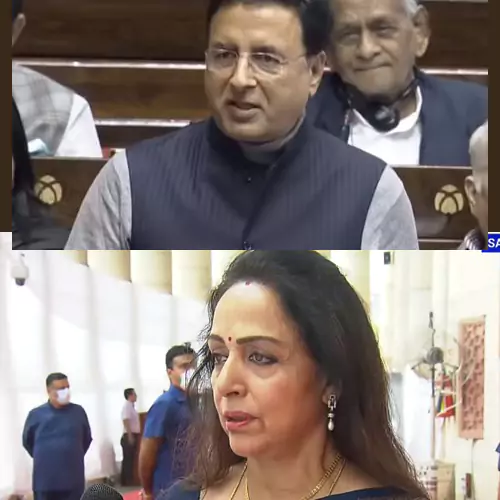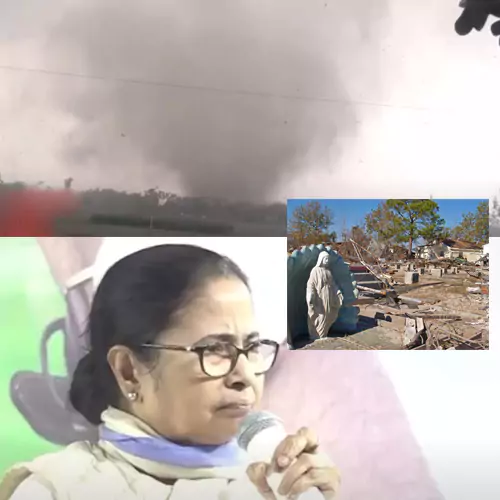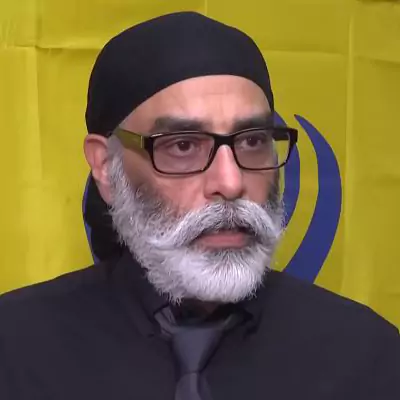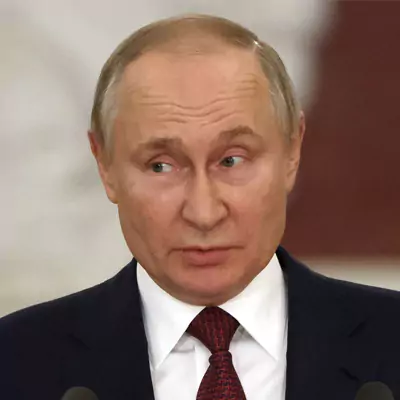Palestine: As nations work toward an Israel-Hamas conflict resolution, Ireland, Spain, and Norway recognize the state.
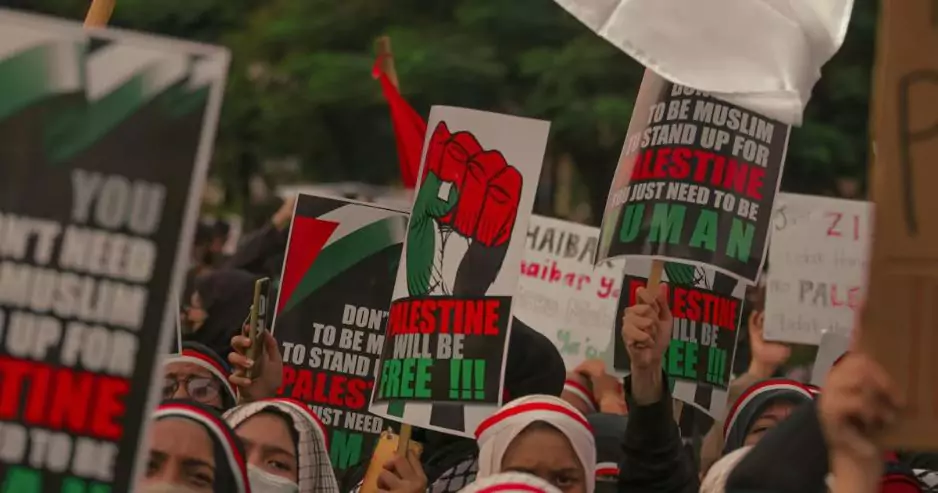
Declaring that they would back a two-state solution and work toward resolving the Israeli-Palestinian issue, the presidents of Norway, Spain, and Ireland accepted Palestine as a state. Israel responded negatively and issued a warning about possible repercussions. This is in line with numerous European nations who are thinking of recognizing something similar.
The action was coordinated with Spain and Norway, according to Irish Prime Minister Simon Harris, who called it "an historic and important day for Ireland and for Palestine" on Wednesday. According to him, the action was taken to facilitate the two-state solution that would assist resolve the Israeli-Palestinian conflict.
On May 28, the Spanish Prime Minister Pedro Sánchez declared that his nation will acknowledge Palestine as a state. The anticipated announcement was delivered to the Spanish Parliament on Wednesday by Sánchez, who has led the country's socialist movement since 2018.
For months, Sánchez has been traveling across Europe and the Middle East in an effort to gain support for both the recognition of Palestine and a potential cease-fire in Gaza. He has often declared his commitment to the change.
José Albares, the foreign minister of Spain, stated earlier this month that he had told US Secretary of State Antony Blinken that his country intended to recognize Palestine.
Since Norway declared it would recognize a Palestinian state and Ireland was anticipated to follow suit, Israel's Foreign Minister Israel Katz has ordered Israel's diplomats in Norway and Ireland to return to Israel right now.
"Today, Ireland and Norway want to tell the Palestinians and the world that terrorism is profitable," Katz stated.
He said that by "rewarding the jihadists of Hamas and Iran," the recognition would make a cease-fire less probable and hinder attempts to return Israel's hostages who are being detained in Gaza. In addition, he threatened to remove Israel's ambassador from Spain should that nation adopt a similar stance.
In an earlier statement on Wednesday, Norwegian Prime Minister Jonas Gahr Støre stated that "peace in the Middle East cannot exist if there is no recognition" in reference to Norway's recognition of a state for Palestine.
According to Gahr Støre, on May 28, the Nordic nation will formally acknowledge the establishment of a Palestinian state. He declared, "Norway supports the Arab peace plan by recognizing a Palestinian state."
In recent weeks, a number of European Union nations have declared their intention to recognize the other, claiming that a two-state solution is necessary for enduring peace in the area.
A two-state solution between Israel and the Palestinians enjoys the fervent backing of Norway, a country that does not belong to the EU but emulates its policies.
The head of the Norwegian government declared, "Hamas and militant groups who are not supporters of a two-state solution and the state of Israel have committed the terror."
"The right to an independent state is a fundamental right for Palestine," Gahr Støre stated during a press conference.
The action was taken in response to Israeli troops' attacks on the Gaza Strip's northern and southern borders in May, which resulted in a fresh departure of hundreds of thousands of civilians and severely curtailed relief supplies, increasing the possibility of hunger.
According to Gahr Støre, the Nordic nation "will therefore regard Palestine as an independent state with all the rights and obligations that entails."
More than 30 years have passed since the 1993 signing of the first Oslo Accords before Norway has recognized a state in Palestine. The Norwegian government declared that "the Palestinians have taken important steps towards a two-state solution" since then.
It stated that in 2011, the World Bank concluded that Palestine had fulfilled all the requirements to operate as a state and that the country's institutions had grown to the point where the populace could get essential services.
The Norwegian government declared that "the situation in Palestine is more difficult than it has been in decades" due to the conflict in Gaza and the ongoing growth of illegal settlements in the West Bank.














